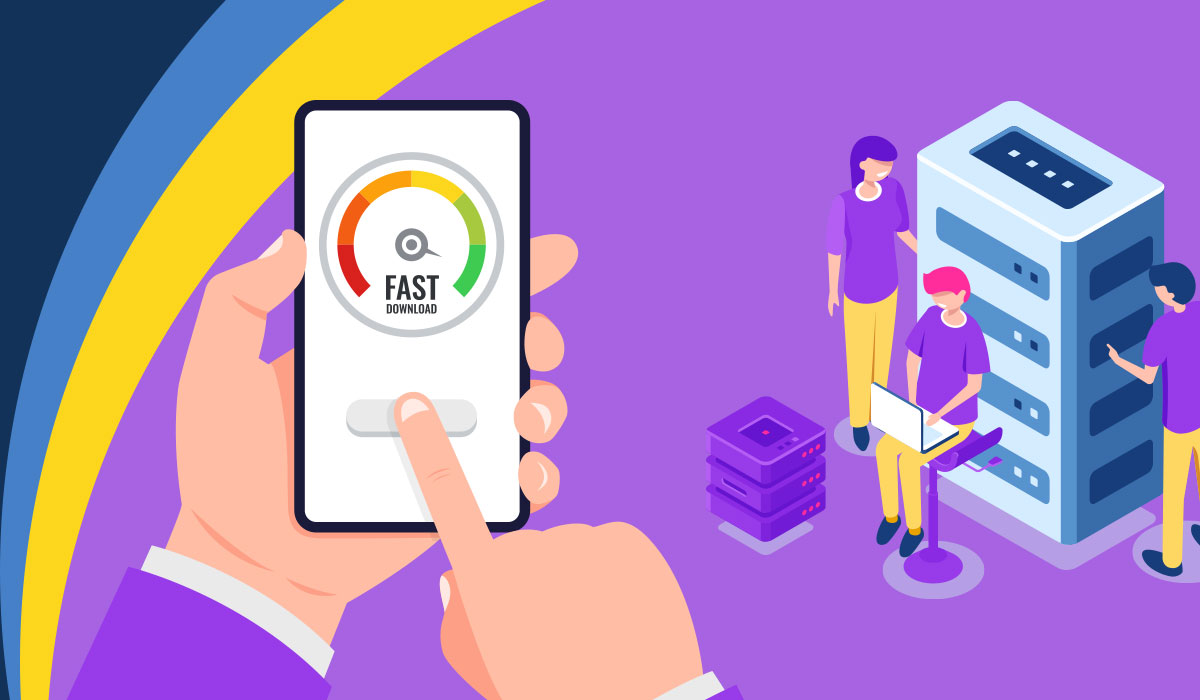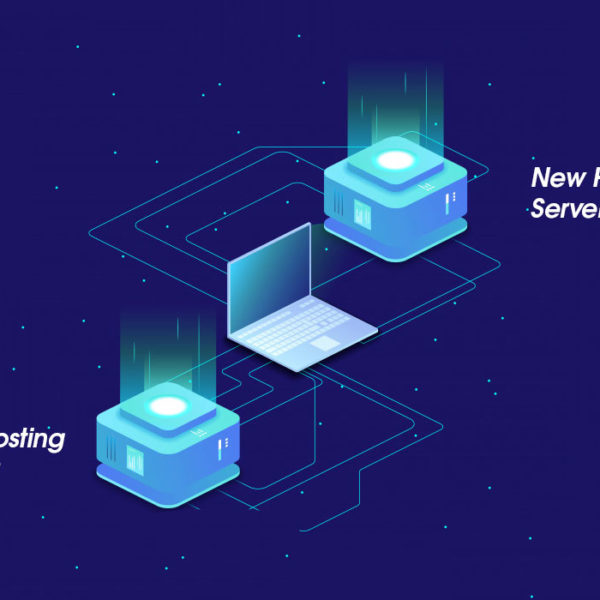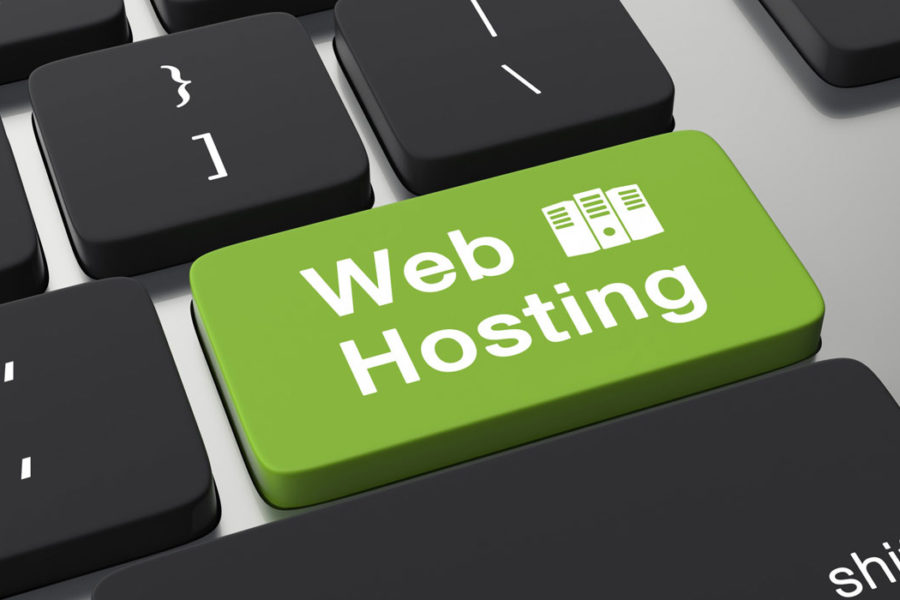Before we dive into the importance of server speed and the role it plays in increasing revenues, let’s first jog your memory by taking a brief look at what server speed is. It is the speed by which your page loads after a user’s request. Server speed determines how quickly your host’s machine responds to available demands and queries. This may sound like your website’s speed lies entirely in the hand of your web host, but that is not the case. Your web host is solely responsible for the environment they provide, but your site’s speed is in your control. All the additional features that make your website seem more visually appealing can slow down your site thus negating the overall impact on customer experience.
The purpose of this article is to enhance your knowledge about the importance of server speed and the added benefit of increased revenues that comes alongside a more suitable server speed.
IMPORTANCE OF GREATER SERVER SPEED
The general equation dictates that faster websites equals happier customers. This is conclusive of the fact that slower speeds can kill your progress by diminishing sales and thus reduced revenue. Research has shown that losing even a single second can decrease your pageviews by 11%. In addition to this, your conversions, sales and your attempts to use SEO tactics in your content will be rendered futile. Faster servers also make your website more secure as hackers usually tend to target the more vulnerable websites that have weaker codes and a slower responsible rate.
In addition to the connection between SEO and your server speed, Google’s search engine gives priority to servers with faster speeds, during indexing and determining the order in which websites appear upon relevant searches. Recent findings dictate that your conversion rate goes up 2% if you increase your web server’s speed by a single second. Brands like Shopzilla, Amazon, Mozilla and Yahoo cashed in on this and were able to see a significant increase in the activity on their servers.
WHAT SPEED IS FAST ENOUGH FOR YOUR WEBPAGE?
Now that we’ve covered the importance of why a fast server speed is important, let’s answer the question of how fast is fast enough? Ideally, your web pages should take under 3 seconds to load. However, if the time frame exceeds 3 seconds and takes about 5 seconds, then your server speed can still be considered as good and fair if it takes less than 10 seconds. But if your web pages are taking more than 10 seconds to load then that is when you know you are in hot waters and a warning sign should start going off in your brain.
This is because a web page that takes more than 10 seconds will be deemed as too slow and users will get frustrated and annoyed by the slow response rate which will cause a downward trend in the over all traffic on your server.
SERVER SPEED AND REVENUE, WHAT IS THE CONNECTION?
As discussed earlier, server speed will direct more traffic towards your page, help in prioritizing your page by different search engines, promote the image of your brand by making it seem more up-to-date and tech savvy and encourage user engagement due to the lack of lagging. All of this sums up to the user spending more time on your server as they seem to enjoy the experience.
Once a user is directed to your site, the fast and efficient nature of your page will prompt the user to purchase or engage with your business which will cause an overall increase in your business. If you’re a business owner who is looking to boost his sales, then increasing your server speed is a guaranteed option for you.
CHECKING YOUR SERVER’S SPEED
Before making any decisions about how you should proceed regarding issues related to your server’s speed, the first thing you should know is what your current speed is. No need to fret over how you’re going to checking the speed, we’ve got that covered for you!
This task has been simplified for you and you don’t have to indulge in mind-numbing and complicated algorithms. All you have to do is look up “server speed checkers” on the search bar of your search engine and you will be presented with a list of options. Upon selecting a speed checker, you will just have to enter the URL of your site, provide optional testing parameters, confirm your data and then you’re good to go. Upon completion, you will receive a report which will have all relevant information regarding your server speed.
The first thing you need to see is your TTFB, which points towards the responsiveness of your webpage. Another thing that can help you in analyzing your server’s speed is seeing how the response rate is distributed over different elements of your page and figuring out if any element is taking too long to respond, which would then cause an overall decrease in the speed.
IMPROVING YOUR SERVER’S SPEED
We’ve established how helpful and beneficial faster server speed will prove to be, now let’s see how we can achieve faster speeds. File compression and image optimization are two techniques that you can use which will reduce the load on your webpage, causing it to work faster. Other things include minimizing CSS, enabling and optimizing your browser caching, using a CDN, optimizing your databases and reducing redirects. These are just a few examples of what you can do.
CONCLUSION
You’re probably now aware of the fact that slow websites can prove detrimental for your business and your server speed is one of the pillars behind your sales and revenue. This article provides a conclusive approach as to why server speed is so important for your revenues and how you can improve this speed. By applying these tips and tricks, we hope that your traffic and sales skyrocket in the future, giving your business the boost that it deserves.







Leave a Comment